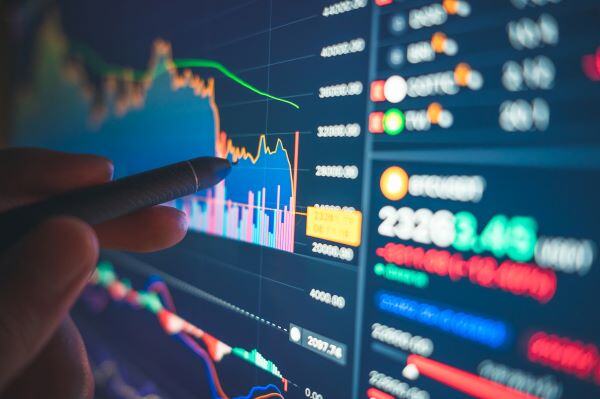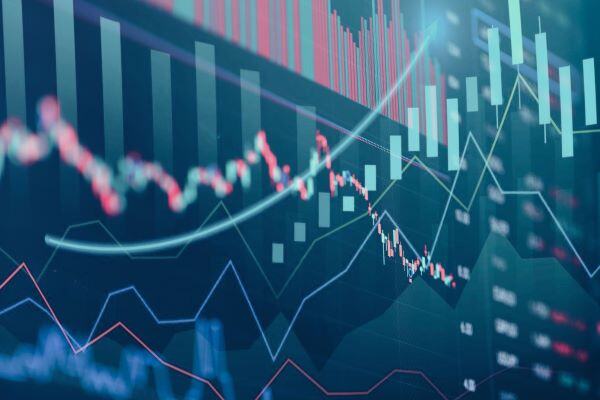
“Why should I invest in stocks or bonds when I can earn over 5% in cash through money market funds or high yield checking accounts?” I’ve heard this question multiple times in the last few months. I also saw an article suggesting investors are reluctant to hire a financial advisor because they can earn 5% in cash. Do high cash yields make stocks and bonds irrelevant or eliminate the need to hire a financial advisor? No.
Cash is an excellent choice for short-term goals (say goals within the next 12 months to 24 months), such as saving for a vacation, a down payment on a home, or an emergency fund. The yield doesn’t really matter and shouldn’t be a factor in deciding how to allocate funds for shorter-term goals. Those funds just need to be safe with principal protection and easily accessible. Since you can earn 5% on your cash today, it’s just a nice bonus.
But the situation changes when you’re thinking about long-term goals. There are a couple of key reasons why cash isn’t the best choice for long-term goals, and they’re closely related.
First, the return on cash isn’t fixed. It fluctuates with market conditions and Federal Reserve policy. Just 18 months ago, it was earning nothing and could drop back to that level in the future. This variability means you can’t simply buy and hold cash for the long term. It requires active management or market timing, which is not a viable investment strategy for anyone I’ve met.
Over the long run, cash tends to keep pace with inflation, meaning it doesn’t grow in real terms. In contrast, stocks and bonds provide higher returns, compensating for greater risk. Cash returns alone are unlikely to provide returns sufficient to meet most people’s long-term financial goals.
As an alternative, consider U.S. Treasury bonds. Right now, you can buy a 10-year Treasury bond that guarantees a 4.7% return every year for the next 10 years, plus return of principal, all backed by the U.S. Government. Isn’t this better than earning 5% in cash for the next week with no guarantees for the future? And, if rates fall, the value of the bond will increase as bond prices move inversely to interest rates. Your cash, on the other hand, will not appreciate, and its yield will decline.
One last thing to note is that the best time to buy cash, somewhat counterintuitively, is when yields are low and expected to rise. The time to sell or invest your cash is when they are high and expected to fall. Given we are close to the end of Federal Reserve rate increases, yields are near their peak and likely to decline. It may be time to start looking for alternatives to cash, not adding to your position.
PAST PERFORMANCE IS NOT A GUARANTEE OF CURRENT OR FUTURE RESULTS. Examples of historical information included in this presentation do not, nor are they intended to, constitute a promise of similar future results. Specific client portfolio allocations, risks and returns can and may deviate from these examples depending on accounts and types of investments available through each account. Future market views by WJ Interests, LLC may vary significantly from the historical examples presented herein and no one receiving this summary should assume that WJ Interests, LLC will be able to replicate successful views in the future.









